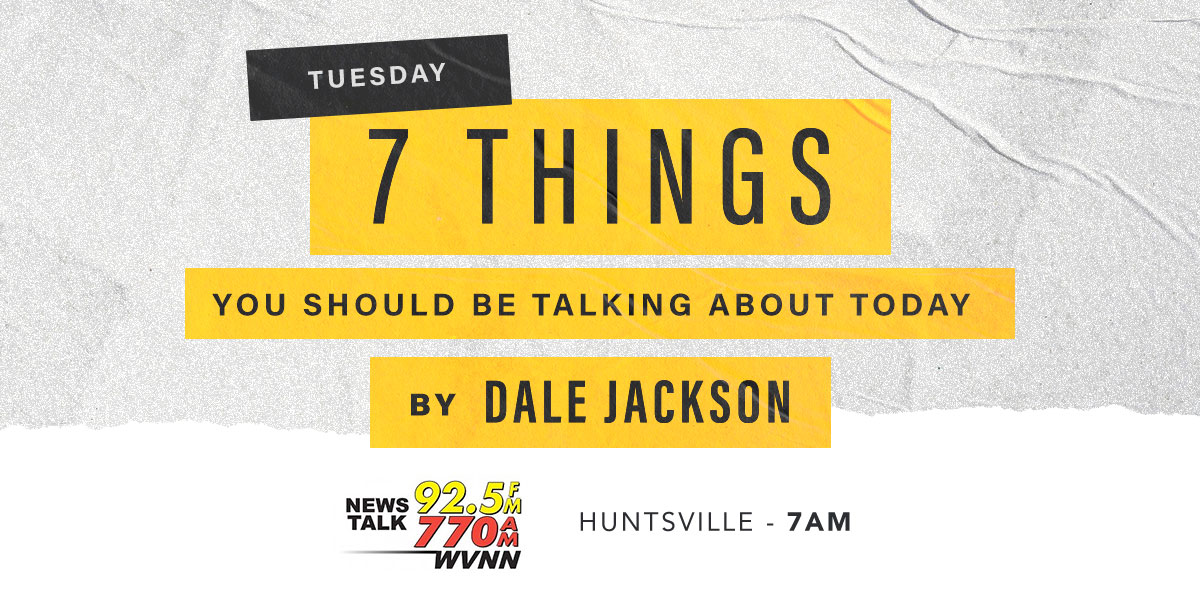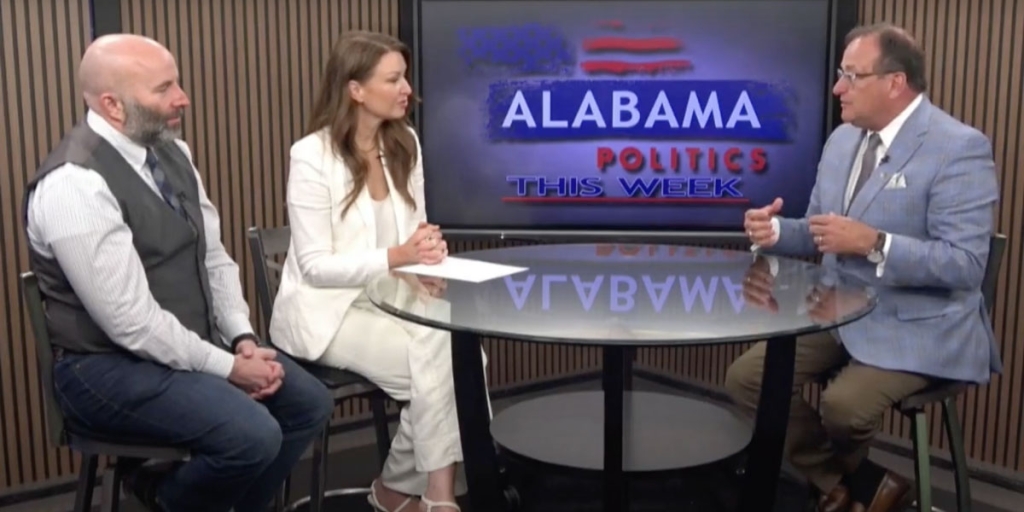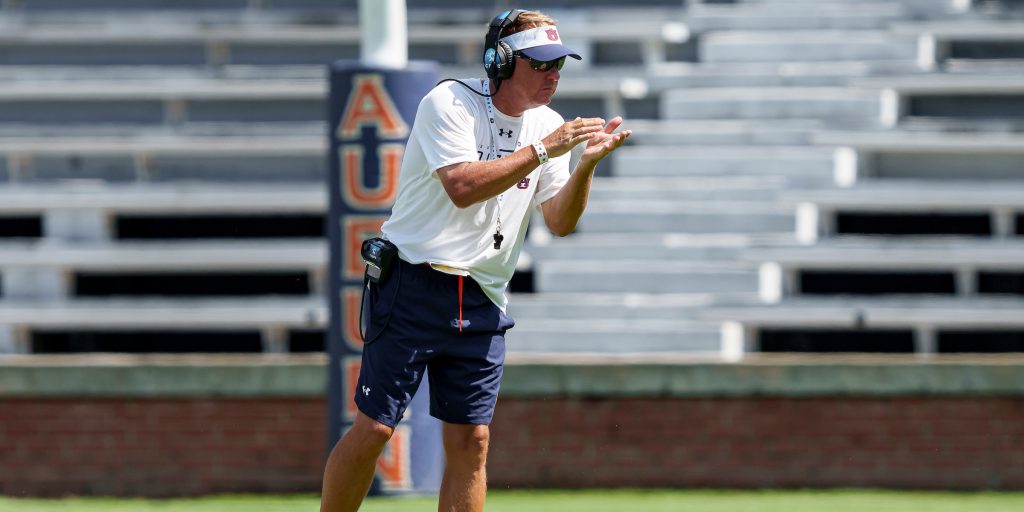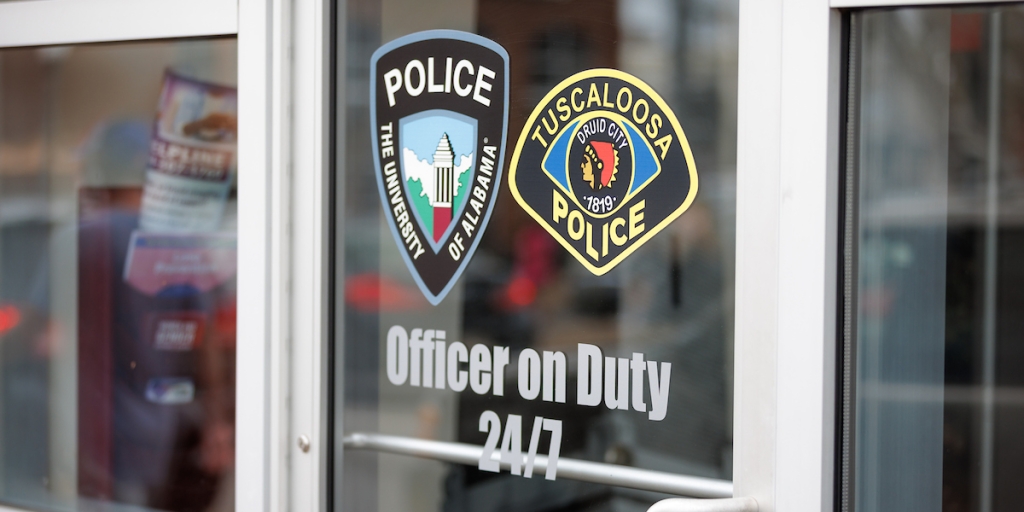7. Alabama head football coach Kalen DeBoer issued a warning about the NCAA transfer portal, telling players to “be careful what you wish for,” due to its unpredictable outcomes. Auburn’s Hugh Freeze echoed concerns, citing Tennessee quarterback Nico Iamaleava’s challenges as evidence of the portal’s flaws and advocating for changes to protect college football’s integrity. Both coaches highlight growing tensions over player mobility and its consequences for team cohesion and program loyalty.
6. A proposed Alabama sex ed law seeks to reiterate the state’s abstinence-only sex education policy, emphasizing “sexual risk avoidance” and prohibiting any mention of how to access abortion services – something schools should not be teaching at all. Critics of the abstinence-only policy, like the Alabama Campaign for Adolescent Sexual Health, have the media’s ear on this issue and are still wildly ineffective. Their very tired and very ineffective support of the radicalism people have seen from government in recent years has led to extreme mistrust of the schools on these types of issues. Also, declaring that “the Alabama Legislature should not be dictating what kind of sex education is taught in Alabama schools – this should be left to local control,” won’t have much of an impact.
5. Alabama Attorney General Steve Marshall is advocating for a federal crackdown on illegal e-cigarettes from China, highlighting their marketing toward children with colorful designs and sweet flavors. He contends these products evade U.S. regulations, pose health dangers and flood the market with untested ingredients and outcomes. Marshall’s efforts align with the broader concerns about youth vaping and the need for stricter oversight of foreign manufacturers. Multiple states, including Alabama, have attempted to respond to it.
4. Samford University faculty hosted two “teach-ins” to protest the Trump administration’s agenda, arguing it conflicts with principles of justice and education, and further cementing higher education’s hatred of Trump. The program, titled, “He is Not King,” drew criticism from students and alumni who see them as polarizing. The controversy highlights tensions between academic freedom and political expression on the private Baptist campus.
3. Alabama is considering how to respond to a Trump administration push to terminate diversity, equity, and inclusion (DEI) practices in K-12 schools that the administration labels as illegal. Critics argue this could undermine efforts to address systemic inequities, while supporters claim it aligns with ensuring fairness and neutrality in education. Superintendent Eric Mackey says the state already complies and is trying to figure out how to respond, saying, “we’ll work through the lawyers.”
2. President Donald Trump suggested a temporary exemption for the auto industry from his 25% tariffs on imports, citing the need for carmakers to adjust supply chains by moving production to the U.S. The move comes amid global economic concerns, as automakers Ford and General Motors face potential cost increases of $3,500 to $12,000 per vehicle, passed to consumers. While the White House frames this as a boost for domestic manufacturing, critics argue it risks trade retaliation and higher prices, with Trump’s tariff approach creating market volatility
1. In a White House meeting, El Salvadoran President Nayib Bukele told President Donald Trump that he has 350 million Americans to “liberate” by tackling crime and terrorism in the United States after doing the same in his country. The leaders discussed curbing illegal immigration into the United States and using El Salvador’s notorious CECOT mega prison as a deterrent. Additionally, the two leaders discussed the deportation and detention of Kilmar Abrego Garcia, whom the media still claims should not have been deported and is now calling him a “Maryland father.” Bukele refuses to return him, arguing it would be like smuggling a “terrorist” and emphasizing his reluctance to release individuals his administration labels as criminals – despite a Supreme Court ruling in the United States – citing El Salvador’s past as a high-crime hell hole.
Listen here:
Dale Jackson is a thought leader for Yellowhammer News and hosts a talk show from 5-9 a.m. weekdays on WVNN.













